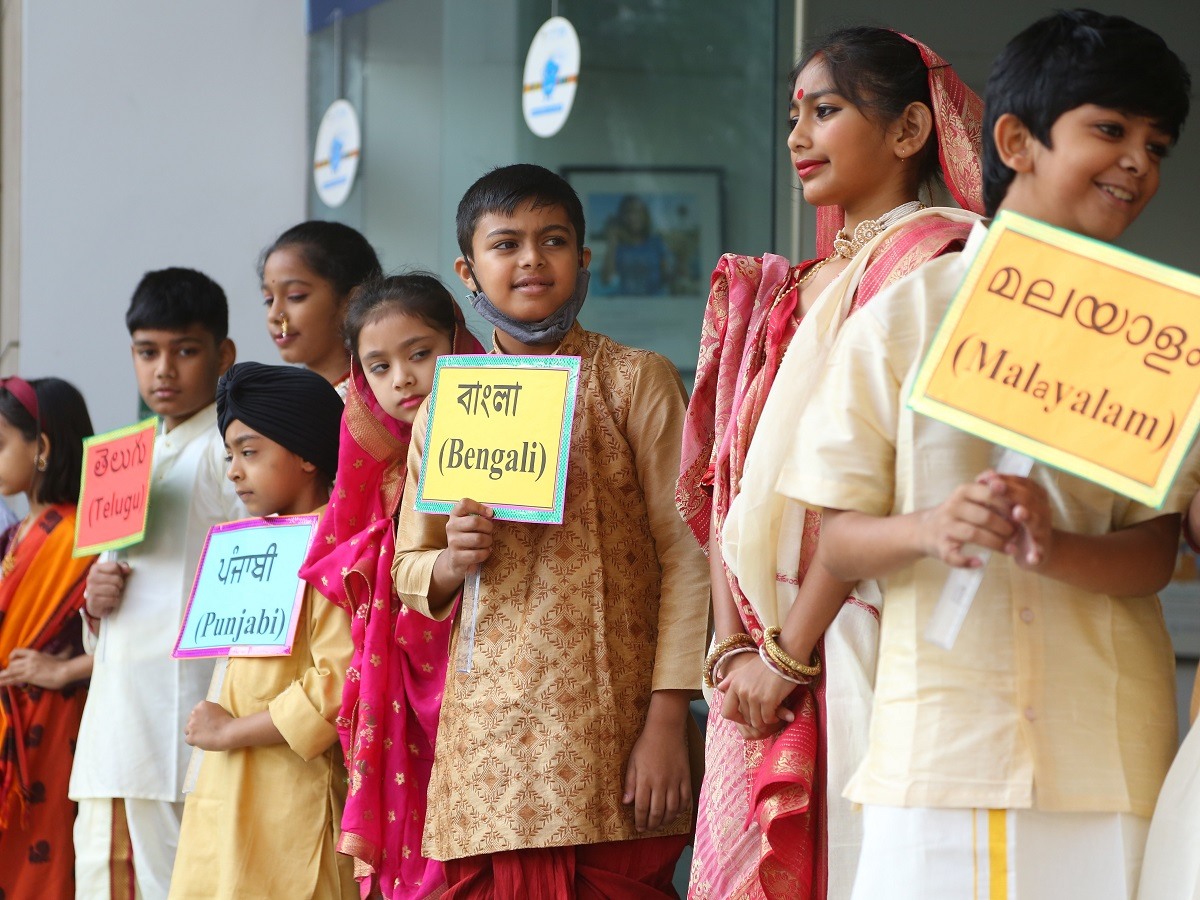Language and Learning: Why mother tongue should be included in learning?
- 20 February 2023

In 1981, East Africa’s leading novelist, Ngugi Wa Thiong’o made a swift change in his writing career. Through his essay, ‘Decolonising the Mind’ he declared his farewell from writing in English and started writing in his mother tongue Gikuyu. He was right when he said, “Language as a culture is collective memory bank of people’s experience in history.”
Our language defines our thought process. Our language defines our cultural and socio-political grounds. Our language gives testimony of our heritage and illustrates our roots. It is our connectedness to our language that helps us craft our future. On International Mother Language Day, let us see how learning gets impacted when mother tongue is included in the pedagogy. In fact, when language disappears, it takes with itself an entire host of ideas.
UNESCO has been a strong proponent of multilingual education, with a strong stress on mother tongue-based education. According to various research, it has been found that inclusion of mother tongue in pedagogy is key factor in incorporating inclusion in educational spaces. Besides this, it also helps one tread on the path of quality learning. In elementary years, multilingual education helps in bridging the gap and improving the learning outcomes. It fosters mutual respect and acceptance for multiple cultures and their language.
In a world which is rapidly progressing towards digitization, there arises a need for mutual connectedness. Therefore, the need for one unified language is very much persistent. However, that does not negate the importance of mother tongue. In fact, many studies highlight that bilingual learners are better at grasping tough concepts. Thus, including mother tongue in curriculum also increases the speed of learning.
Even in present global scenario, the importance of mother tongue has been consistently prioritized. UNESCO has a well-drafted framework around its language policy and keeps on sharing the best practices around bilingual and multilingual education. The recent initiatives around promoting mother language-based education in Djibouti, Gabon, Guinea, Haiti, and Kenya has indeed brought forth multiple laurels.
At Oakridge Gachibowli, we extensively promote mother tongue-based learning. Ms. Prerna Lohia, educator at Oakridge says, “At Oakridge, the learners are free to choose among English and their native languages- one which suits best to express the contextual thoughts and feelings in such a way that barriers melt away and multiple communication channels are open.”
~ Shriyanshi Shukla
Manager (Communications)